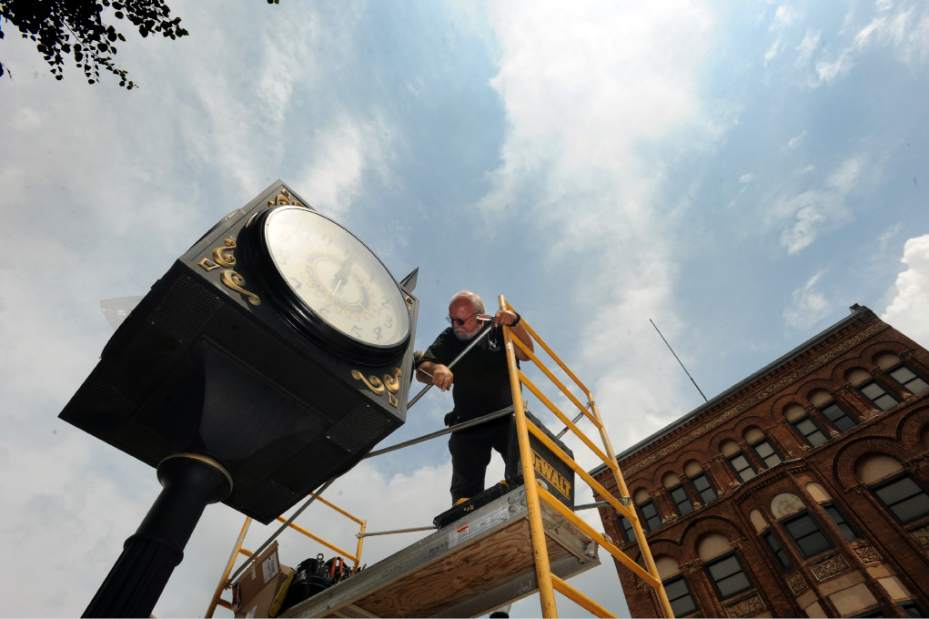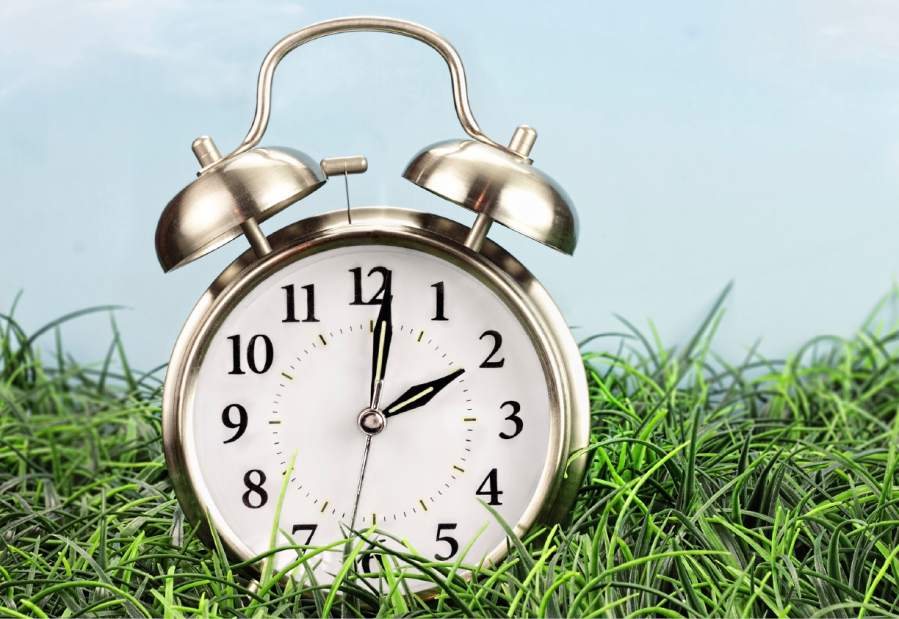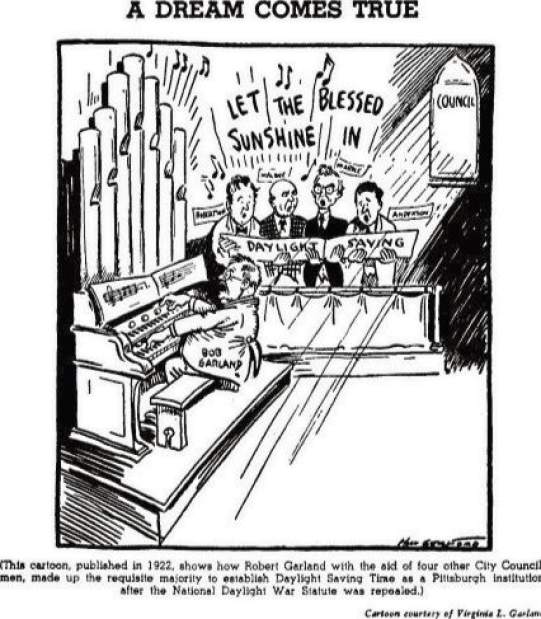Daylight Saving Time — and shortchanged sleep — is back
Is it coincidence that Daylight Saving Time and "The Walking Dead" both happen on Sunday?
Maybe. Maybe not.
Come Saturday night, before heading blissfully to sleep, we will move ahead those clocks and watches and spring forward.
On the plus side, many of us will now enjoy a daylight evening commute, instead of exiting our workplaces into what has, for months, felt like the middle of the night.
In the minus column, that extra hour of sleep, so cherished on the weekends, that we will lose on Sunday, and its lingering effects.
At least for a few weeks, depending on our wake-up schedules, we may once again be stumbling around in the dark as we navigate our "get out the door" routine.
While some states' government officials regularly argue the pros and cons, Daylight Saving Time is now 100 years old and remains in practice in every state except Hawaii and most of Arizona, according to USA Today .
The time to spring forward is near. On Sunday, March 11, Daylight Saving Time for 2018 will begin at precisely 2 a.m. pic.twitter.com/h2lJMxKV83
— Galina Johnston (@galina_johnston) March 9, 2018
Rising groggily in the first days of adjustment to the time change can be challenging for all of us, but especially for children.
Getting kids adjusted
Parents magazine's website offers a few suggestions for easing little ones into a new routine.
Although it is too late to begin "gradually" moving back bedtime in an effort to compensate for that lost hour, other suggestions include:
Controlling the lights: To both induce sleep in the evening and increase alertness in the morning, dim bedroom lights and putting electronics to sleep about 30 minutes to an hour before bedtime. Exposure to sunlight can help youngsters (and all of us) come around, so consider morning dog walking or breakfast al fresco if weather permits. Otherwise, flip up the light switches and flood the house with brightness.
Sticking with a routine: Backing up the start times if necessary so that bath, story and snuggle times do not get shortchanged.
Be sympathetic for a few days: Sleepy people, big and small, are often cranky people.
Dark drive times
And Insurancehotline.com has some tips to help motorists cope with morning drivetime changes.
Set your clocks to spring forward early Saturday evening, then going to sleep at your "regular" bedtime. By doing so, you're basically spring forwarding your sleep one night earlier. Stick to your normal bedtime on Sunday too.
Reduce distractions. Turn the radio down, drink your coffee at the office (or at home), don't take breakfast or your afternoon snack to go, and save the call (even if it is hands-free) for later.
Telecommute, at least for a day or so if you can, and avoid other drivers who might be feeling the effects of a lack of sleep.
Dig out those shades that may have been shoved into the glove compartment since before Halloween. The shift in time may mean driving home while the day is still bright.
Be prepared for emergencies
Except only 23 hrs on Sunday! Remember to set your clocks ahead for Daylight Saving Time starting at 2AM! It's also a good time to change your batteries in your smoke and Carbon Monoxide detectors! pic.twitter.com/HrXAWnahuI
— NWS (@NWS) March 9, 2018
Matthew J. Brown, Allegheny County emergency services chief, also suggests in a news release that Daylight Saving Time serve as a reminder for residents to check their household emergency preparedness, including installing smoke, carbon-monoxide, and natural-gas detectors/alarms as well as checking existing alarm batteries.
For those happy about the longer days ahead, despite the lost hour of sleep, enjoy.
For everyone else, maybe set the coffeemaker timer so the aroma — if not the alarm — will wake you.
Mary Pickels is a Tribune-Review staff writer. Reach her at 724-836-5401 or mpickels@tribweb.com or via Twitter @MaryPickels.






